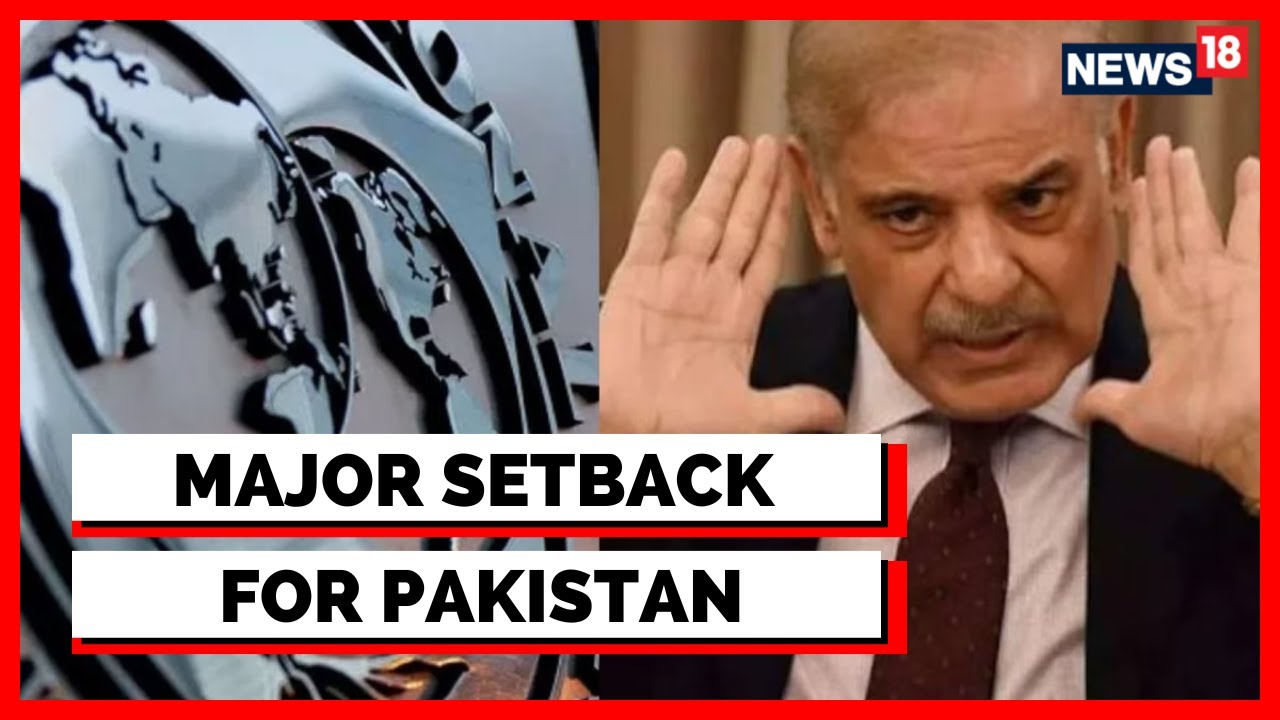World Bank President Ajay Banga has clarified that the institution has no role to play in the bilateral issue beyond a facilitator
read more
In a major setback for Pakistan, the World Bank has rejected reports suggesting the international bank may step in and force India to reverse its decision to hold the
Indus Water Treaty in abeyance.
World Bank President Ajay Banga has clarified that the institution has no role to play in the bilateral issue beyond a facilitator.
“There’s a lot of speculation in the media about how the World Bank will step in & fix the problem but it’s all bunk. The World Bank’s role is merely as a facilitator,” Banga told CNBC .
STORY CONTINUES BELOW THIS AD
Islamabad late last month announced that it would approach the World Bank to get the “unilateral and illegal” reversed.
India held the 1960 treaty in abeyance following the deadly terrorist attack in Jammu and Kashmir, in which 26 people were killed. Indian authorities have confirmed the involvement of Pakistani nationals in the terrorist act.
More from World News
Pakistan has vowed to safeguard its “vital national interest” for its 240 million citizens “at all cost”.
Indian Foreign Secretary Vikram Misri Thursday (May 8) told the media that India was forced to
suspend the treaty following Pakistan’s move to create roadblocks over the years.
“We sent several letters to them, requesting for negotiation to discuss modification of this treaty. India has, for six plus decades, honoured this treaty,” Misri said.
“Pakistan is the one which has been acting in violation of this treaty. Pakistan is the one acting in violation of treaty, deliberately creating roadblocks in India exercising its legitimate rights over the western rivers,” he added during the briefing.
Suspension of the treaty was among several decisions that the Indian government took in the aftermath of the Kashmir attack.
India also shut down the Attari-Wagah border, expelled Pakistan’s top military attaches from India, and cancelled all short-term visas issued to Pakistani nationals.
The Indus Waters Treaty (IWT) is a deal brokered by the World Bank between India and Pakistan on September 19, 1960. Signed in Karachi by then Prime Minister Jawaharlal Nehru and then Pakistan President Ayub Khan, it determines the distribution of the waters of the Indus and its tributaries — Ravi, Beas, Sutlej, Jhelum, Chenab and Kabul.
STORY CONTINUES BELOW THIS AD
As per the IWT, India enjoys “unrestricted access” to three Eastern rivers — the Ravi, Beas and Sutlej, whereas Pakistan has access to the Western rivers of Indus, Chenab, Jhelum. It’s important to note here that the treaty allows New Delhi to extract water from the western rivers for certain non-consumptive, agricultural, domestic use and hydroelectric power generation. Provision unde

